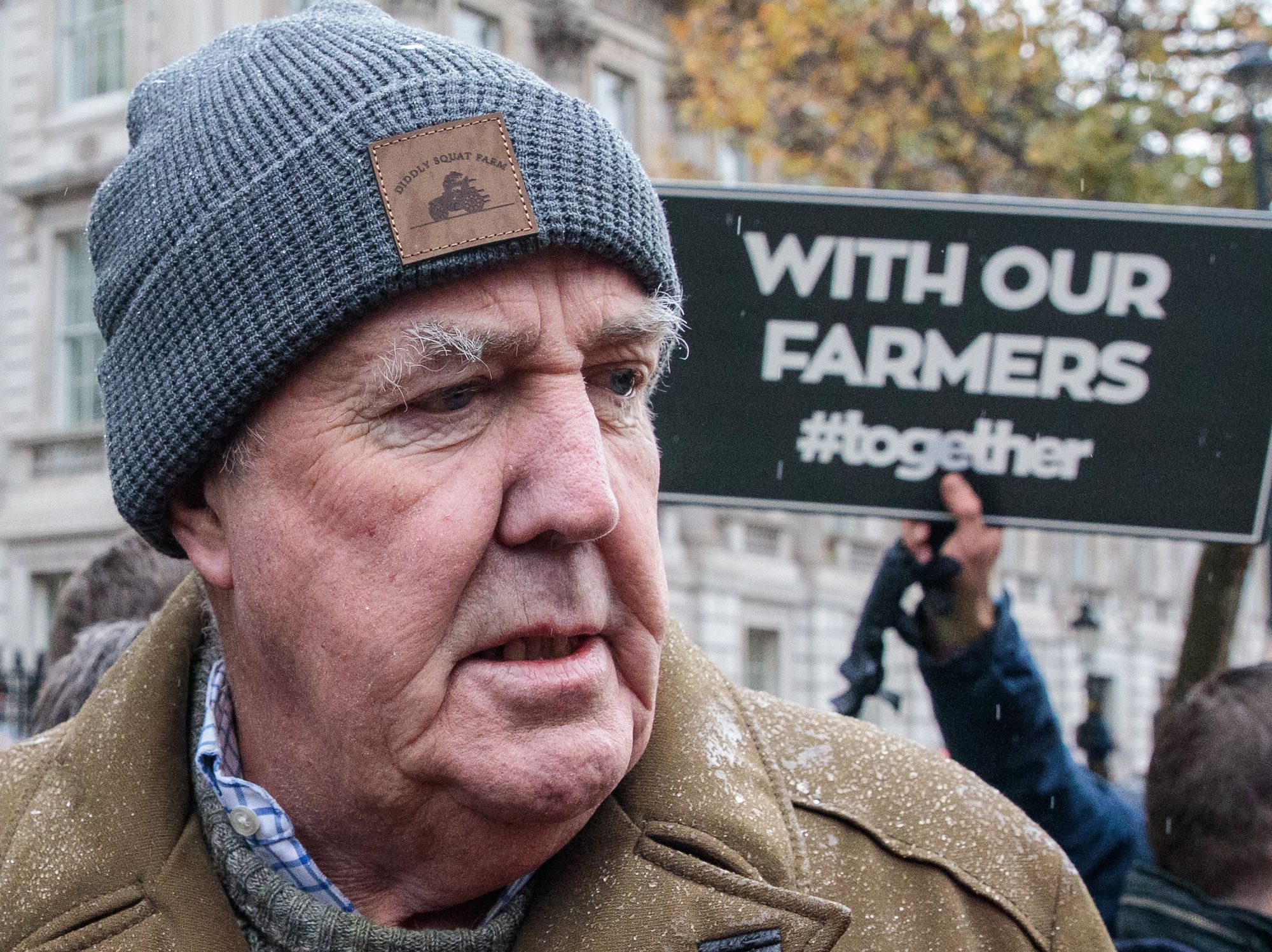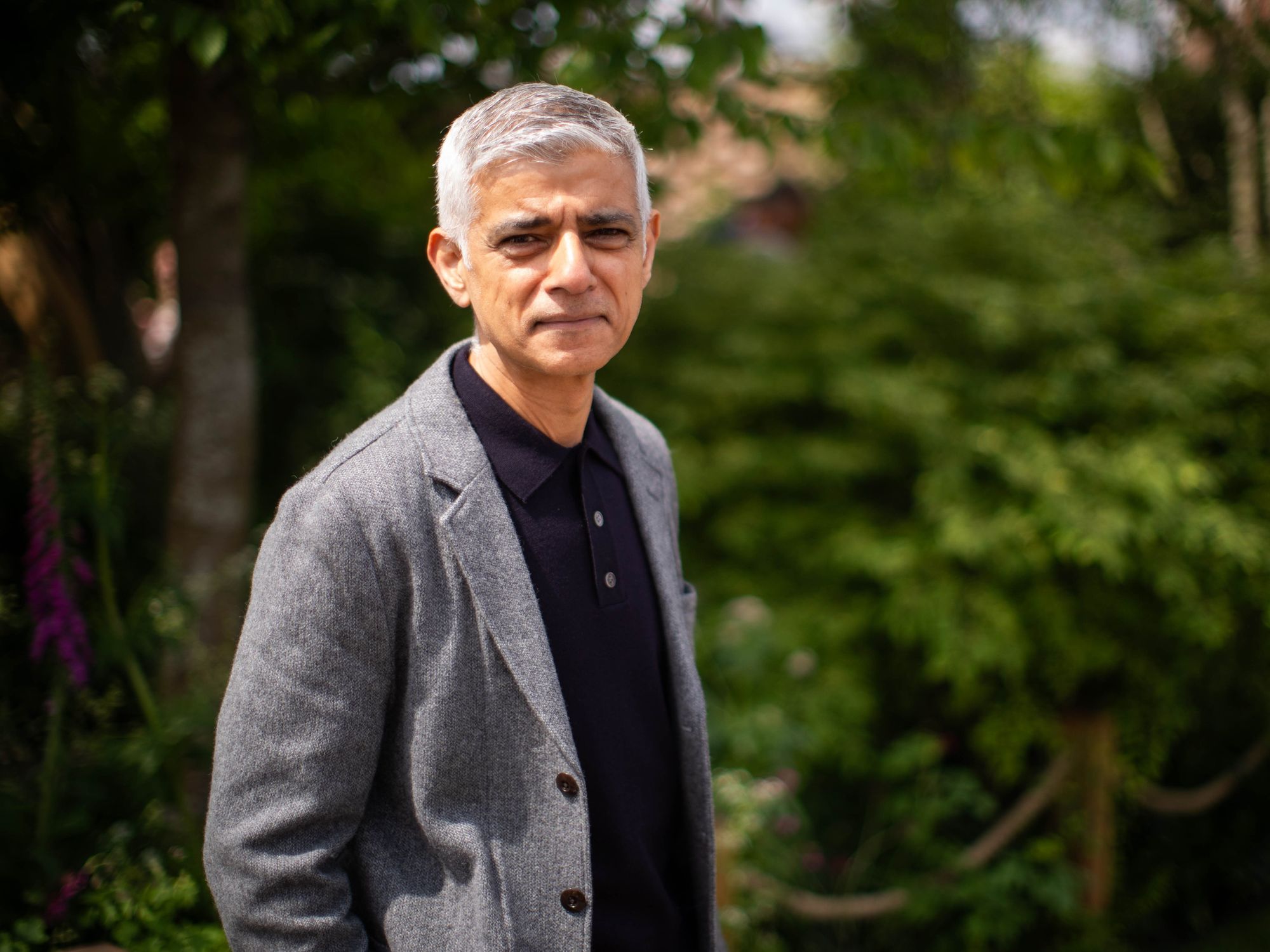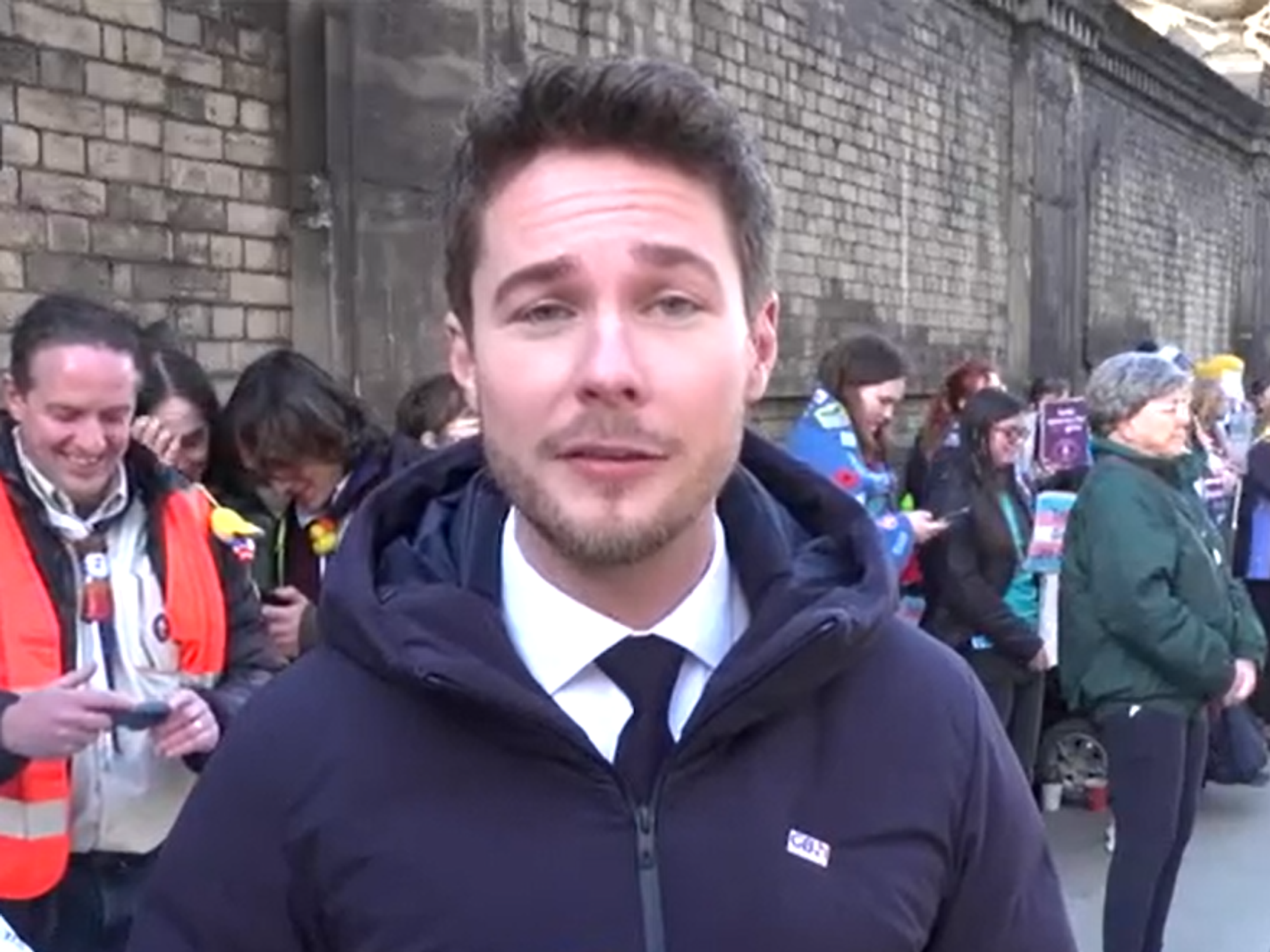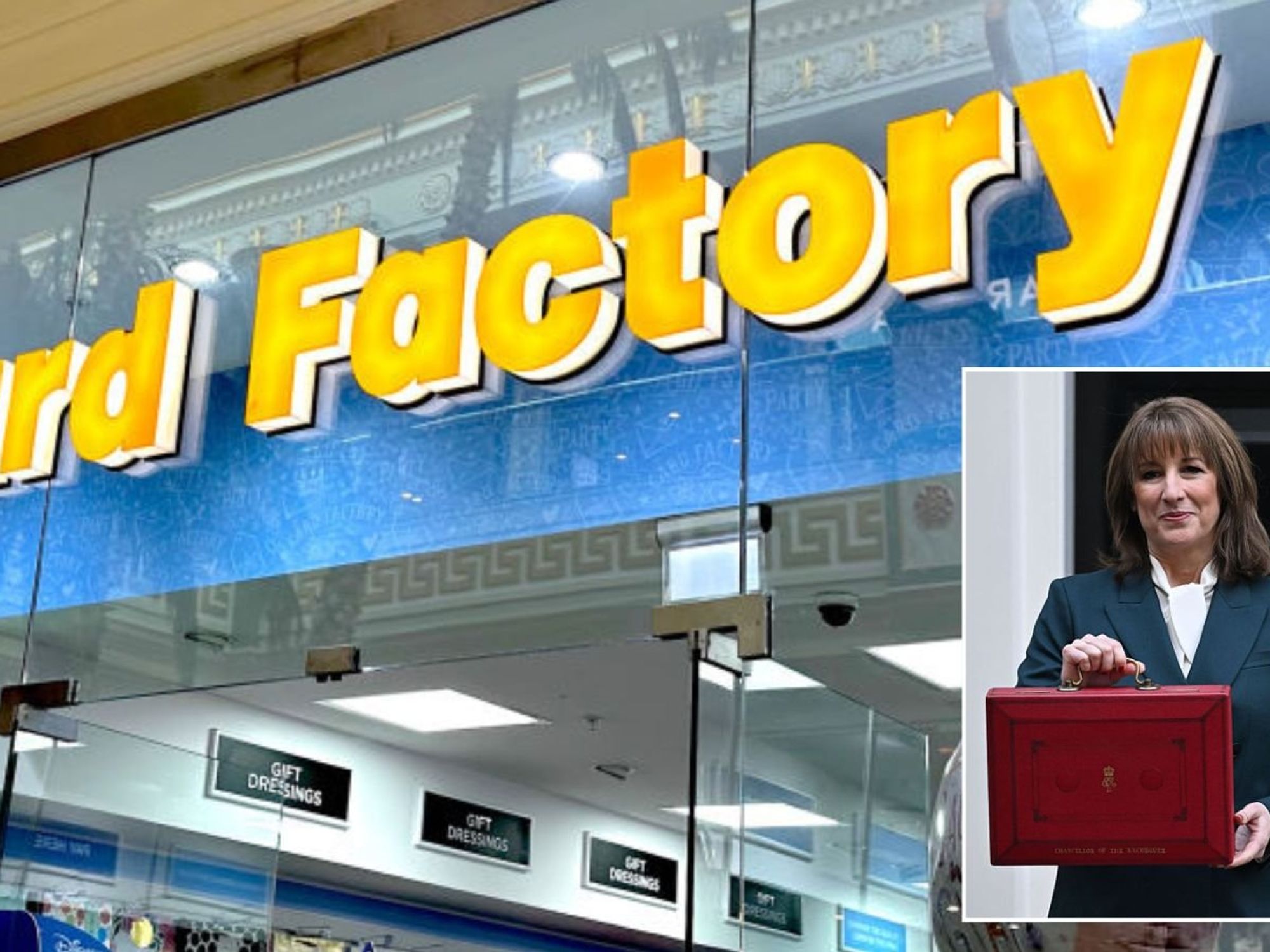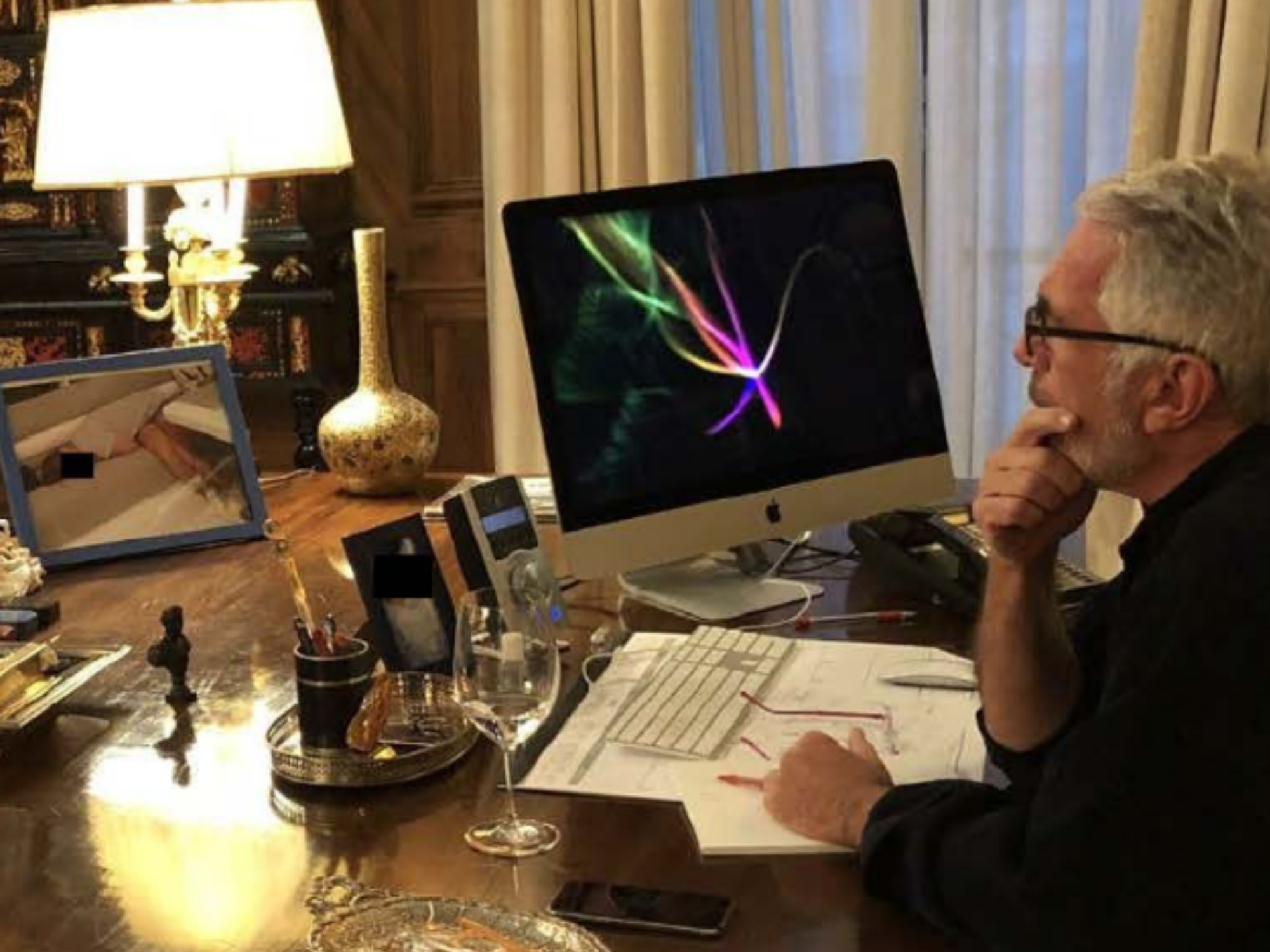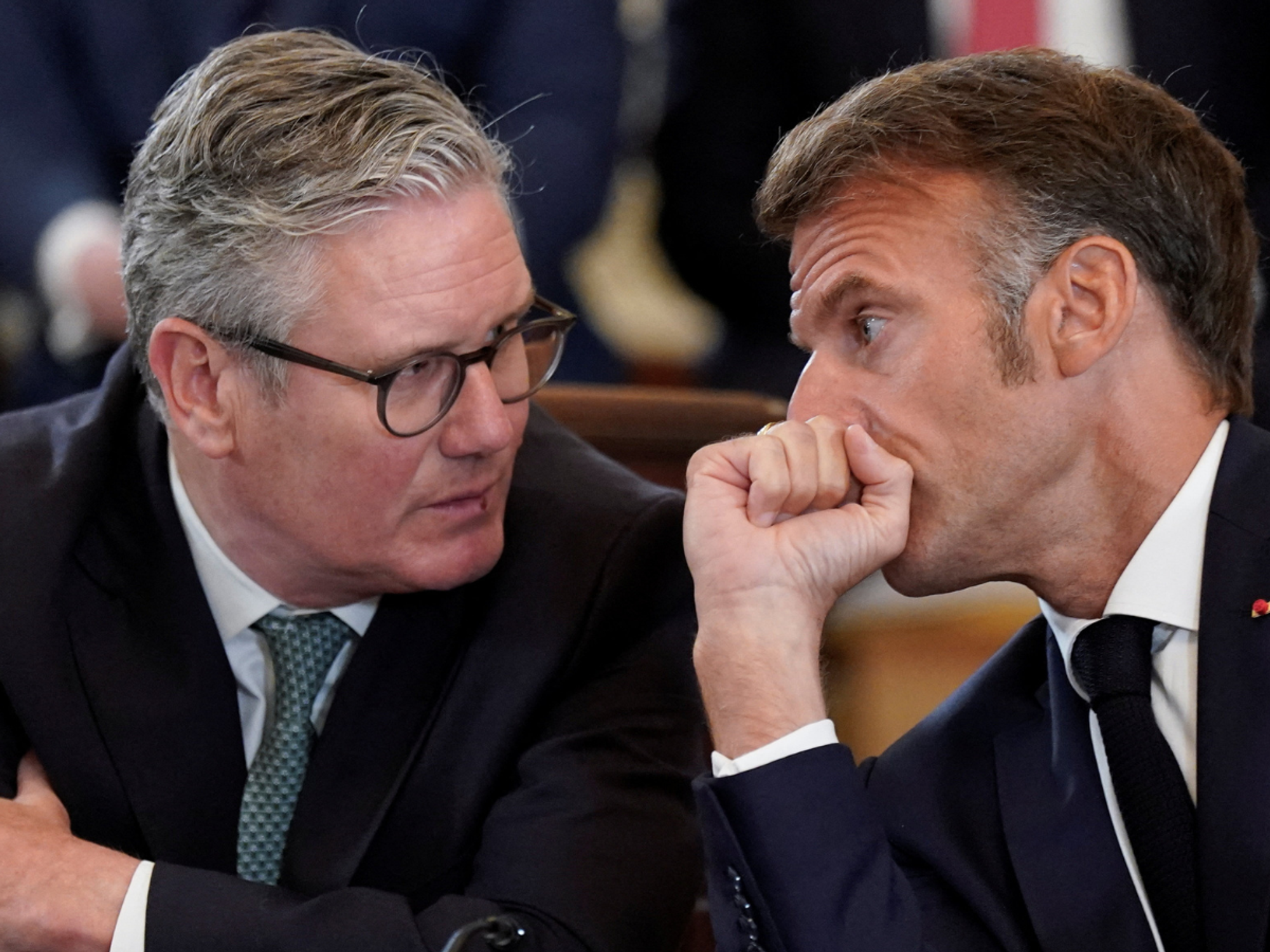Labour would have 'deserved to die' if it stuck with Corbynism, says Lisa Nandy
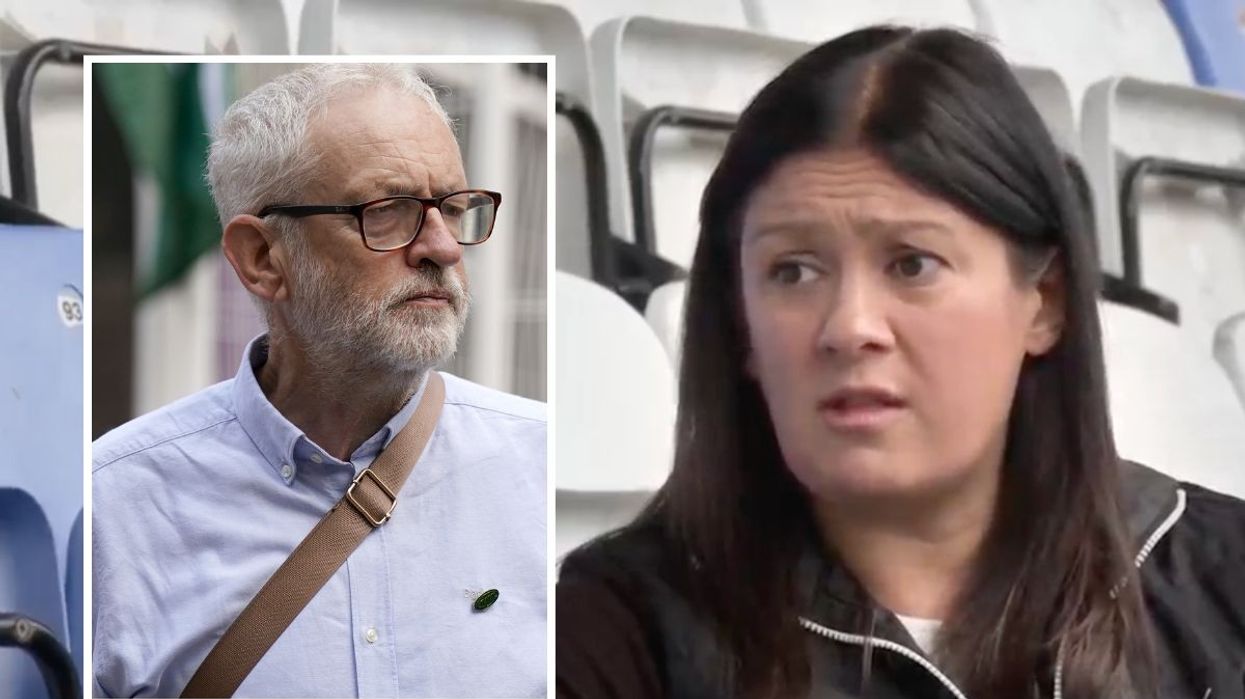
Lisa Nandy said the party needed radical change after the last election
|GB News/PA
The frontbencher said a big turning point for her was the Novichok attack
Don't Miss
Most Read
Latest
Lisa Nandy admitted Labour party risked “dying” if it continued to promote Corbynism after the 2019 election.
In an exclusive interview with GB News, the Shadow Secretary of State for Levelling Up, Housing and Communities, also said she believes the Labour Party will one day have a female leader - thanks to young women in the party who are finally “changing the game”.
Discussing the reasons behind why she stood for the job herself three years ago she said: “We'd become completely disconnected from the people who built and founded the Labour Party.
"People felt really disrespected by what happened during Brexit. And we’d gone through a period where we moved to the extremes in the party. We were promising the earth to people who are incredibly grounded and realistic and could see that we had no ability to pay for it. They were worried about whether they could trust us with their money.”
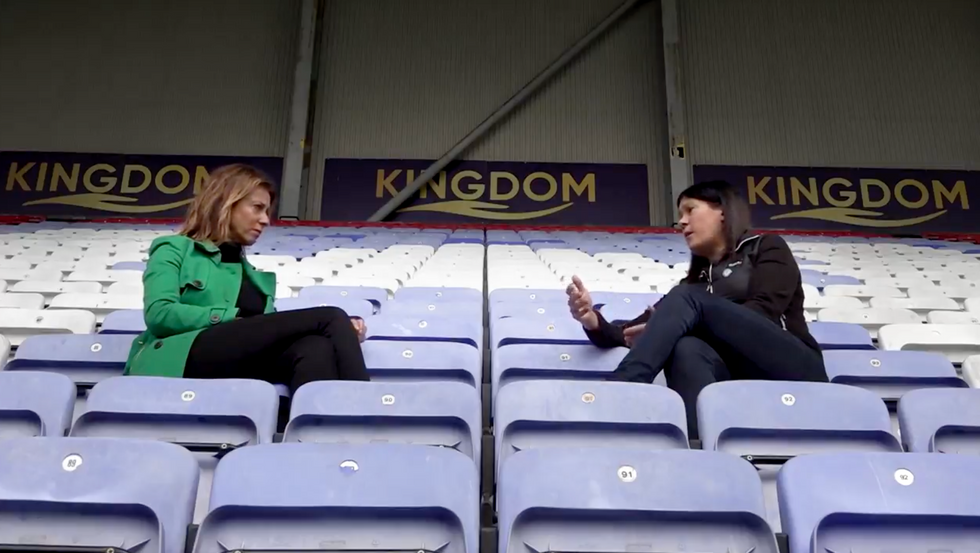
Lisa Nandy admitted: ' I thought we'd die and we would deserve to'
|GB News
Nandy said a big turning point for her was the Novichok attack.
After the poisoning in Wiltshire, Jeremy Corbyn questioned the evidence that Moscow was behind the incident.
“When we had the attack on the streets of Salisbury from the Putin Government, people really thought that we were siding with Putin over the British people,” Nandy said.
"It was horrendous. I thought if we go into the leadership contest saying we got it all right, Corbyn 10 out of 10, Brexit 10 out of 10, and that we just need to plough on and do more of the same, then I thought that would be the end of the Labour Party. I thought we'd die and we would deserve to.
"So I stood to give those people a voice, so that when they looked at that contest they would know there was somebody who was prepared to stand up and fight for them. And stand up for their right to have the party that they built and founded back representing them again in British politics.
"I didn't win. But actually, in a lot of ways I feel that the job was done because when we started that contest, I was the only person on that stage saying those things. And by the end of that contest I stood with Keir and Becky, who I came to like a lot and became good friends with."
Describing the frustration she finds with political life in Westminster, compared to her constituency role she added: "The people of Wigan are the most incredible people. They work hard. They have no time for some of the nonsense that goes on in Westminster. This is what matters, not the pantomime that goes on in Westminster. The mission of my 13 years in politics is to try and take what is happening to people in places like Wigan and drag it into the Westminster bubble and force people to confront it.
“After those Brexit years when there were all these calls for a second referendum, people here just thought we'd gone absolutely mad. All of us. Well we had. I mean you walk around the House of Commons and you couldn't shake the feeling that people had completely lost the plot.”
Commenting on the fact Labour has never had a female leader, Nandy said: “It's pretty existential for us. I joined the Labour Party because I believe in equality and because I want to fight poverty and because I believe and know this country can be better. So it's a huge deal for us.
"I think there will be a leader, at some point who's a woman but I think there's a problem, and I've got a bit of an insight into it, having been through that experience.
“The problem is when people look for the next leader of the Labour Party, they've got in their mind a view about what that is based on what it's always been. I felt that very much when I went for selection in Wigan in 2010. We'd never had a woman MP here in the whole history of parliamentary democracy.
"People were looking for the next MP, they were looking for the next guy, the next older guy who could do it and I think that was the problem actually. There were a lot of members who said to me ‘you don't look like a Prime Minister, you don't look like a leader of the Labour Party’ and I know exactly what they meant and it's depressing.”
Explaining what’s different now she said: “The young women in particular won't have it and there are lots of young women in our party now who are starting to change the game. So I think it's shifting. But we have got to vote for more women.”





